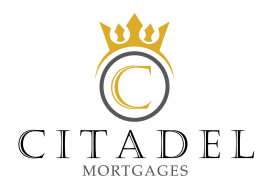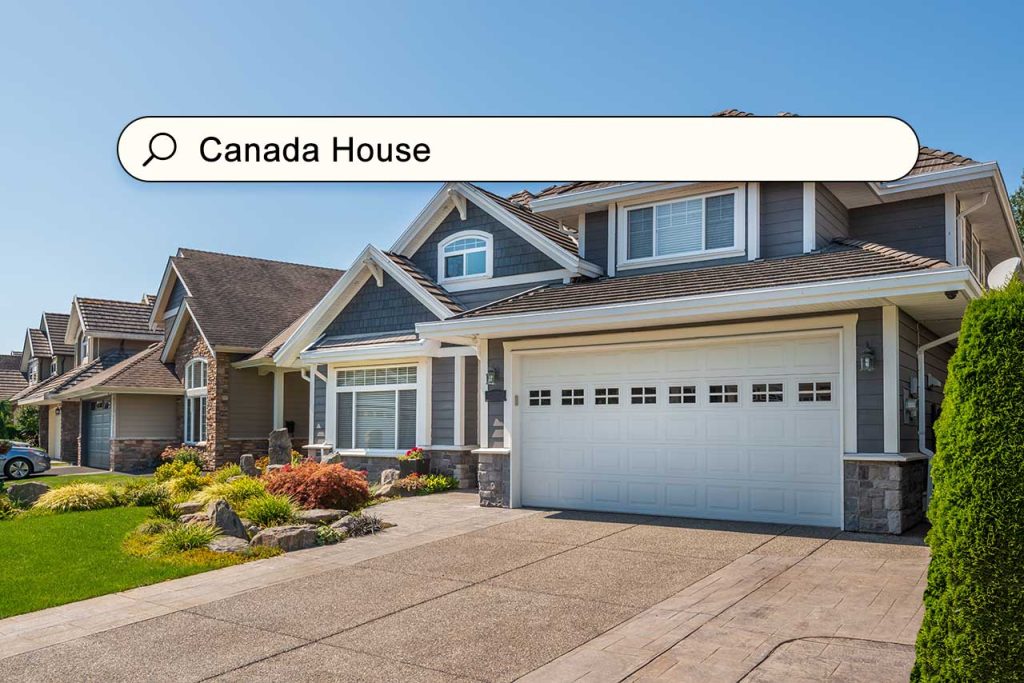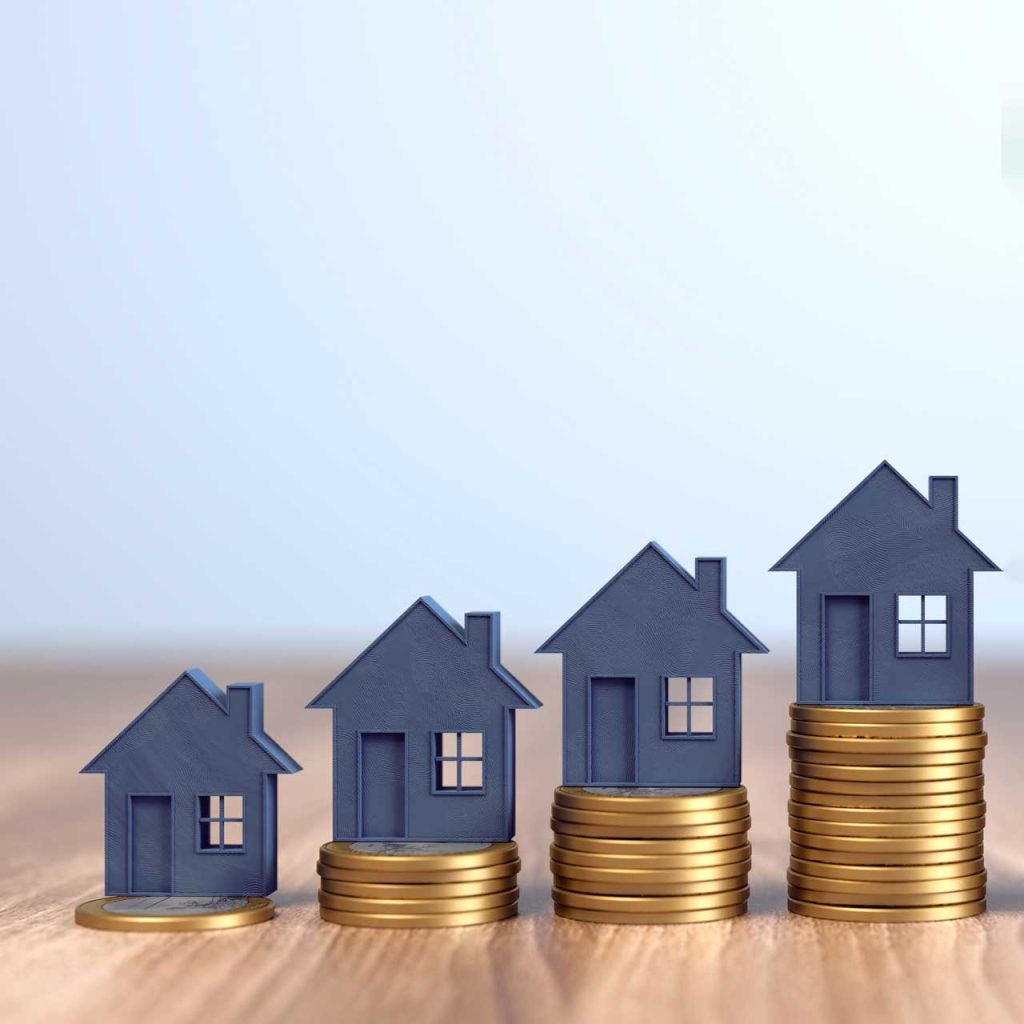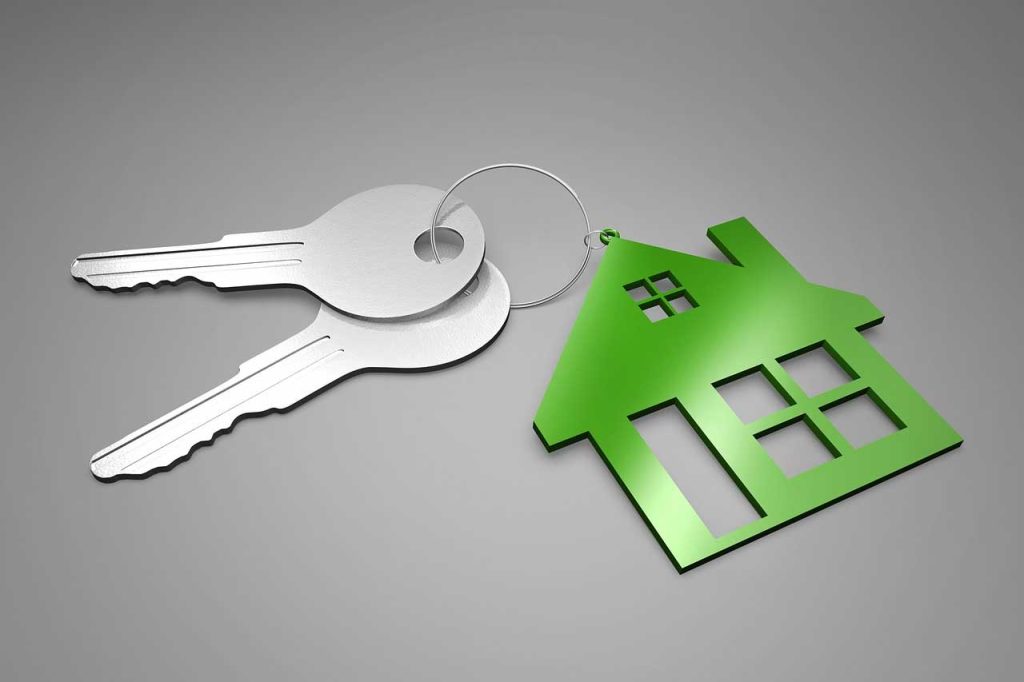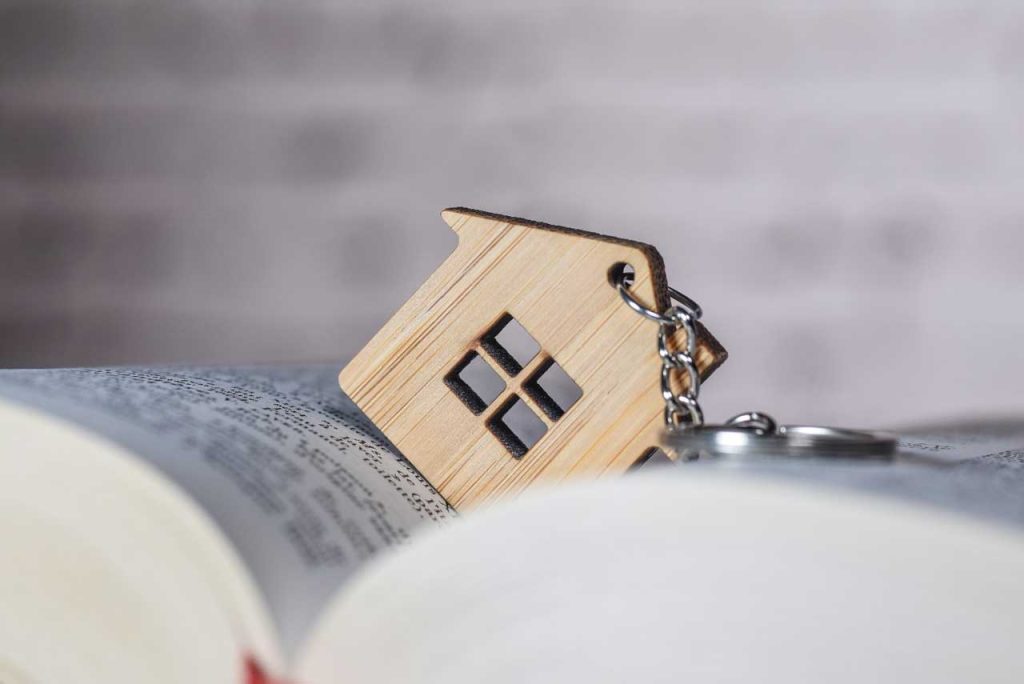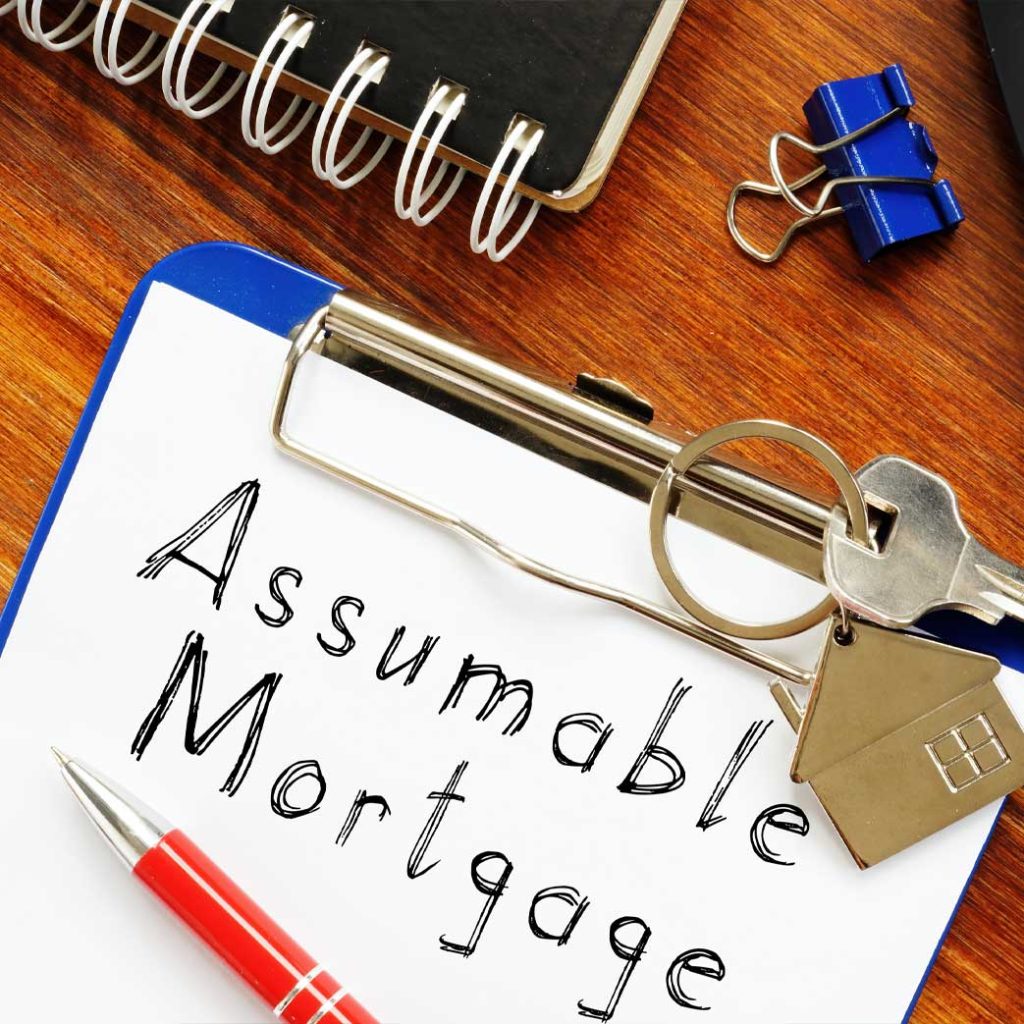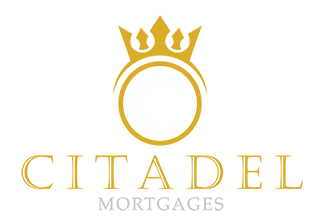According to the Canadian Real Estate Association, the average house price in Canada hit around $637,673 in August 2022. This means if you’re looking to buy, you’d need an average down payment of about $25,000 plus another $38,767, which includes 10% of the excess over the initial $25,000 to buy a home in Canada.
According to the FCA, the minimum down payment based on the purchase price of your home:
Purchase Price of Your Home | Minimum Amount of Down Payment |
$500,000 or less | 5% of the purchase price |
$500,000 to $999,999 | 5% of the first $500,000 of the purchase price |
$1 million or more | 20% of the purchase price |
Down Payment Averages Across Provinces
The cost of a home varies significantly from one province to another. As a consequence, the standard down payment also fluctuates. Therefore, if you’re planning to buy a house, it’s important to understand the average home prices in your province to get an idea of the required down payment. Here are some data from the Canadian Real Estate & Housing Market Forecast from 2021:
British Columbia
British Columbia takes the lead with homebuyers paying an average of $159,762.64 or 22.5% as a down payment. Given the high selling price of homes in this province, it’s only natural for the down payments to be higher too.
Ontario
Homebuyers in Ontario put down sizeable down payments, second only to British Columbia. With average down payments between 20% and 22%, Ontarian’s paid roughly $140,215.37 in the first quarter of 2021. As the average home price in Ontario hovers around $866,307, many buyers are ineligible for CMHC mortgage insurance, pushing their down payments to be at least 20%.
Quebec
Data from Q1 indicates that Quebec residents put down the smallest house down payments, averaging just below 15%. With average home prices in this province sitting at $449,698, Quebec remains an affordable province for real estate investments.
Alberta
Albertans had an average down payment of $62,929.45 (15.15%), slightly higher than Quebec. With an average home price nearly half of Ontario’s average at $442,808, Alberta’s down payments are also reasonably moderate.
Nova Scotia
Nova Scotians, with the lowest average home price among the test markets at $363,330, are making an average down payment of 18.54% ($57,781.46). This data indicates a steep increase from the previous year, reflecting the growing appeal of Atlantic Canada’s housing market.
Average down payment on a house for first-time homebuyers
According to the National Association of Realtors (NAR), the average down payment for a first-time homebuyer in 2023 was 8%. For a home priced at $400,000, an 8% down payment would amount to $32,000.
How much should you put down on a house as a first-time buyer?
Determining the ideal down payment amount for your first home purchase hinges on various factors, including your financial standing and comfort level. While putting down 20% can lead to savings by avoiding mortgage insurance and potentially securing a lower interest rate, it’s crucial not to deplete all your funds. Maintaining an emergency fund is essential, along with budgeting for closing costs, moving expenses, furniture, and potential post-move home repairs. If reaching a 20% down payment isn’t feasible, opting for a lower percentage may still be a viable option. With some first-time buyer programs requiring as little as 3% down, becoming a homeowner could be within reach, even if it means temporary mortgage insurance payments. As your equity grows, reaching the 20% threshold allows you to request the removal of mortgage insurance from your loan servicer.
Minimum Down Payment Requirements
The down payment is the sum you pay upfront for a home. The lender deducts this amount from the home’s purchase price, with the mortgage covering the remainder. The minimum down payment you need depends entirely on the home’s price, as it’s calculated as a percentage. If your down payment is less than 20% of the home’s price, you’d need to purchase mortgage loan insurance, as you’ll be perceived as a higher risk by your lender.
For homes costing $500,000 or less, a 5% down payment is the requirement. For homes priced between $500,000 and $999,999, a down payment of 5% of the first $500,000 and 10% for any amount over that threshold is required. For homes costing $1 million or more, a 20% down payment is required.
Different Types of Minimum Down Payment
Depending on the type of real estate deal you’re seeking, there are different types of down payments to consider:
Owner-Occupied Home
For an owner-occupied home, the down payment is 5% on the first $500,000 and 10% on the amount above $500,000. A 20% down payment is the minimum to avoid the CMHC premium, which can be as high as 4% if less than 20% is applied to the down payment.
Rental Property
For most lenders, a minimum down payment of 20% is required for a rental property.
Second Home
A second home for recreation, family, or other purposes can be bought with as little as a 5% down payment. At 20% down, there is no CMHC/default insurance fee.
Your down payment plays a significant role in determining your mortgage rate. If you put down less than 20% of the purchase price, you’re looking at a CMHC or “high ratio” default insured mortgage. Since the lender will be fully protected if you default, they can offer some of the best mortgage rates on the market due to lack of risk. However, a down payment of 20% or more means the lender no longer has the security of being protected from default with mortgage loan insurance. Because the risk is higher, the rates will rise accordingly. Making a 25% or higher down payment decreases the risk for the lender enough for them to offer rates more comparable to those you’ll find as part of a high ratio mortgage. Some lenders will require a down payment of 35%+ to obtain those low rates found in the high-ratio mortgage category.
Understanding the complexities of mortgage down payments in Canada can significantly streamline your home buying process. Having a clear idea of the minimums required, the options available, and how your down payment will affect your mortgage rates can help you better navigate the home buying experience and ensure you get the home of your dreams with zero uncertainty or stress. Contact our team at Citadel Mortgages to learn more about your options.
